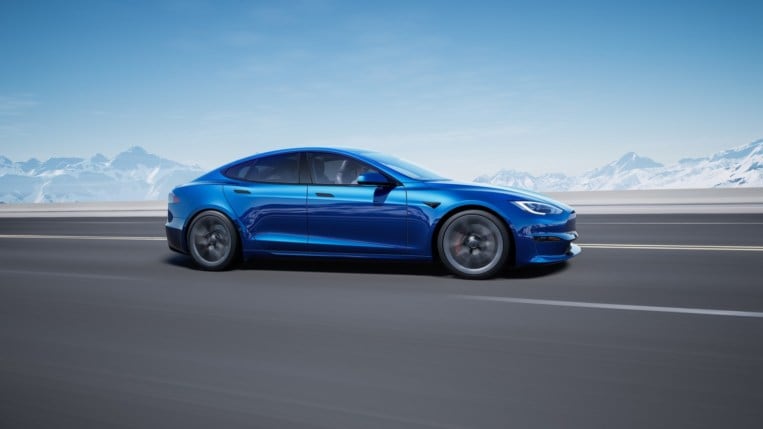
Electrek reports that Tesla “will move away from showrooms in fancy malls, and instead, it will focus on cheaper locations, remote managing of test drive fleet, and delivery centers.”
Tesla Sells Differently
Tesla sells its cars differently than most automakers.
Traditional automakers sell cars through franchised dealerships. This gives them a physical footprint in the communities where they sell but means every transaction is a complex negotiation between the company that builds the car, the person buying it, and the third party selling it (with a fourth party, a lender, often involved as well).
Tesla sells cars directly to consumers, with no third party involved. The company operates retail stores that allow customers to test-drive cars and ask questions of “Tesla advisors.” The advisors are Tesla employees but not salespeople working on commission. Buyers actually order the car directly from Tesla, much as you would purchase any retail item online.
Sales Model Differs State to State
The Tesla model is not legal in every state, so buyers in some states must travel across a border to see an advisor and see the cars in person. Indeed, Tesla has fought long and complex lobbying battles to change the laws of many states to allow the model. In a handful of states, Tesla advisors ask shoppers to leave the store in order to place their orders, to comply with state laws.
Remote Concierges, Touchless Test Drives
Tesla has traditionally located these stores in high-end retail locations. But, Electrek reports, the company plans to close many retail stores. It will instead rent space in parking lots to keep test-drive vehicles. Advisors would then work as remote concierges, answering shoppers’ questions electronically and remotely unlocking vehicles for test drives.
The Sales Model of the Future?
Tesla’s approach is unique but gaining some traction. Volvo has announced plans to sell part of its lineup entirely online. Our own research has shown that many shoppers, during the height of the COVD-19 pandemic, preferred a touchless dealership experience with as little face-to-face interaction as possible.
Traditional automakers are unlikely to move quickly to the Tesla model. It’s still not legal in every state, for one thing. For another, they have decades-long relationships with their dealership partners that could prove costly and difficult to unravel.
But if Tesla succeeds in lowering its costs while keeping customers satisfied with the buying experience, the industry will be watching.







